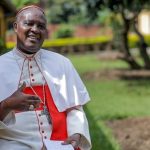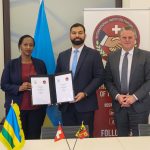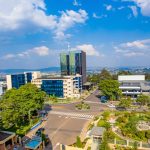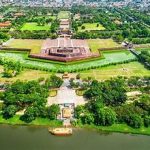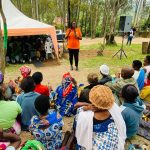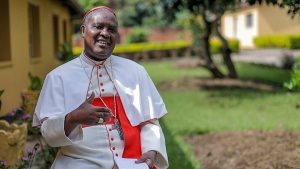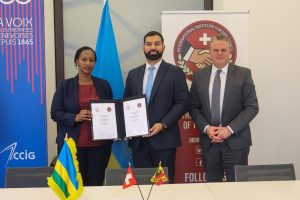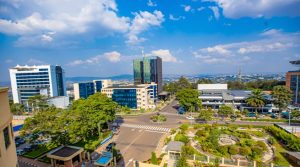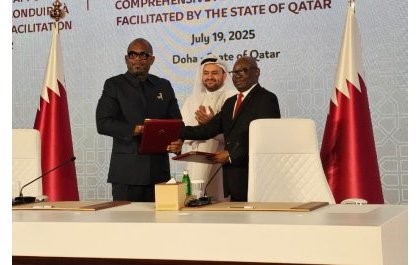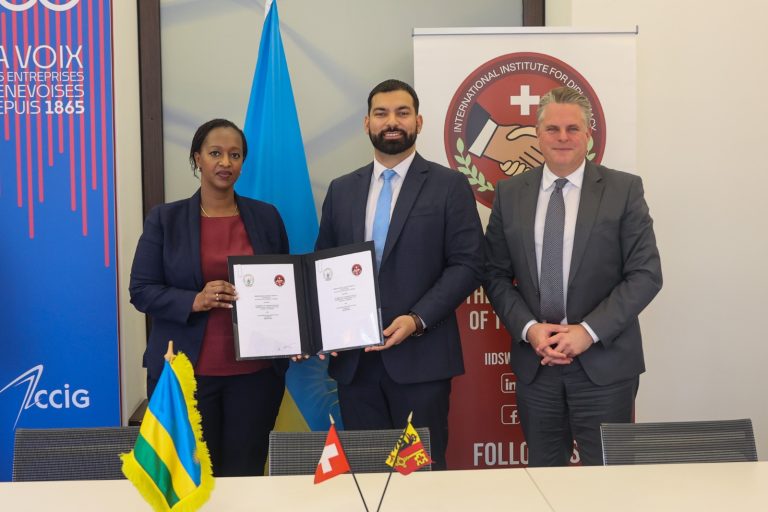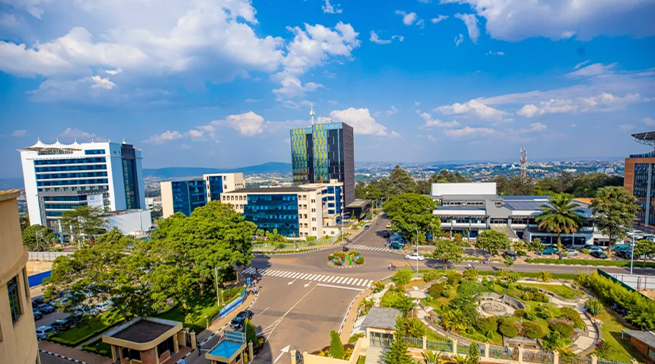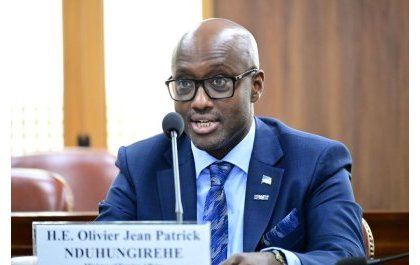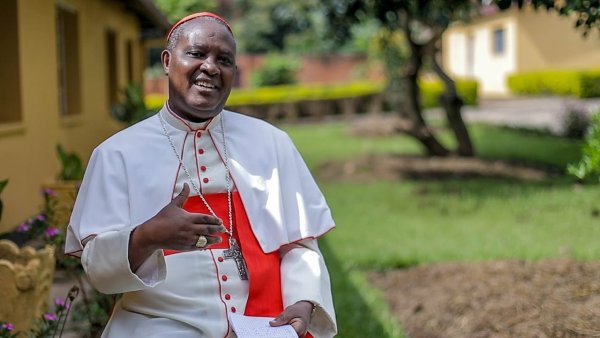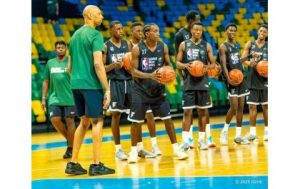The March 23 Movement (M23) has dismissed recent reports by international human rights organizations accusing it of massacring civilians in eastern Democratic Republic of Congo (DRC).
The United Nations Office of the High Commissioner for Human Rights (OHCHR) and several non-governmental organizations have, in recent weeks, accused the Armed Forces Coalition (AFC/M23) of committing atrocities in North Kivu Province.
A report released on August 20, 2025, by Human Rights Watch (HRW) alleged that M23 fighters killed 140 civilians in Rutshuru Territory, particularly in villages influenced by the Democratic Forces for the Liberation of Rwanda (FDLR) near Virunga National Park. According to HRW, most of the victims were Hutu civilians killed in 14 villages of Binza Groupement between July 10 and July 30.
Earlier, on August 6, OHCHR alleged that M23 was responsible for killing 319 civilians in four villages of Binza between July 9 and July 21.
M23 Rejects Allegations
At a press conference in Goma on August 22, AFC/M23 leaders strongly rejected the accusations, calling the reports “fabricated” and “based on unchecked claims.” They argued that investigators had not visited the alleged crime scenes.
Bertrand Bisimwa, AFC’s Deputy Leader for Politics and Diplomacy, said the accusations were fueled by the FDLR, a militia long accused of ethnic hostility against the Tutsi.
“HRW operates from New York, London, and Paris. How can they confirm events that supposedly happened thousands of kilometers away, weeks later? This is propaganda. HRW has acted as FDLR’s spokesperson before,” Bisimwa said.
Freddy Kaniki Rukema, AFC’s Deputy Leader for Economy and Finance, suggested that the reports were designed to derail ongoing peace talks between the Congolese government and M23.
“They claim 319 people were killed, yet provide no photos, no videos, not even names of victims. Not one identified person? This is not new. In 2012, just as M23 was close to signing a peace deal, similar reports surfaced and negotiations collapsed,” Kaniki noted.
He reminded journalists that such allegations in 2012 prompted the UN Security Council to authorize MONUSCO to launch major offensives against M23. “It’s the same playbook being used again,” he added.
Impact on Peace Talks
On July 19, 2025, the DRC government and AFC/M23 signed guiding principles in Qatar, laying the foundation for a peace agreement. Qatar has since been mediating discussions between the two parties.
Kaniki warned that some actors are attempting to sabotage the process:
“The goal is to kill the Doha peace talks. They want the international community to see M23 not as peace-seekers but as killers, so the war resumes. There are groups benefiting from this conflict who do not want it to end.”
Ethnic Tensions
M23 leaders also accused the reports of fueling ethnic divisions.
“If Hutu communities are told that M23 is killing their people, they may retaliate against Tutsi civilians. This risks reigniting ethnic hatred—precisely what we are trying to stop,” Kaniki said.
Bisimwa added that claims of M23 killing both Hutu and Nande civilians were aimed at justifying violence against Tutsi communities.
“They want to incite Hutu against Tutsi. But many of our fighters are Hutu themselves. How could Hutu fighters be killing their own communities in Rutshuru, where Hutu are the majority? These are baseless accusations,” he argued.
Bisimwa further accused the Congolese government of spreading “toxic propaganda” and criticized HRW for promoting what he called the “false narrative of double genocide,” equating the 1994 Genocide against the Tutsi in Rwanda with alleged atrocities in eastern DRC.
“HRW’s narrative is deliberate. It is a strategy to maintain instability in the Great Lakes Region and keep us under constant international scrutiny,” he said.
Call for Independent Investigations
M23 has urged neutral organizations to conduct independent investigations in the villages cited in the reports, pledging safe access to areas under its control.
Author: Justinmind HARERIMANA
